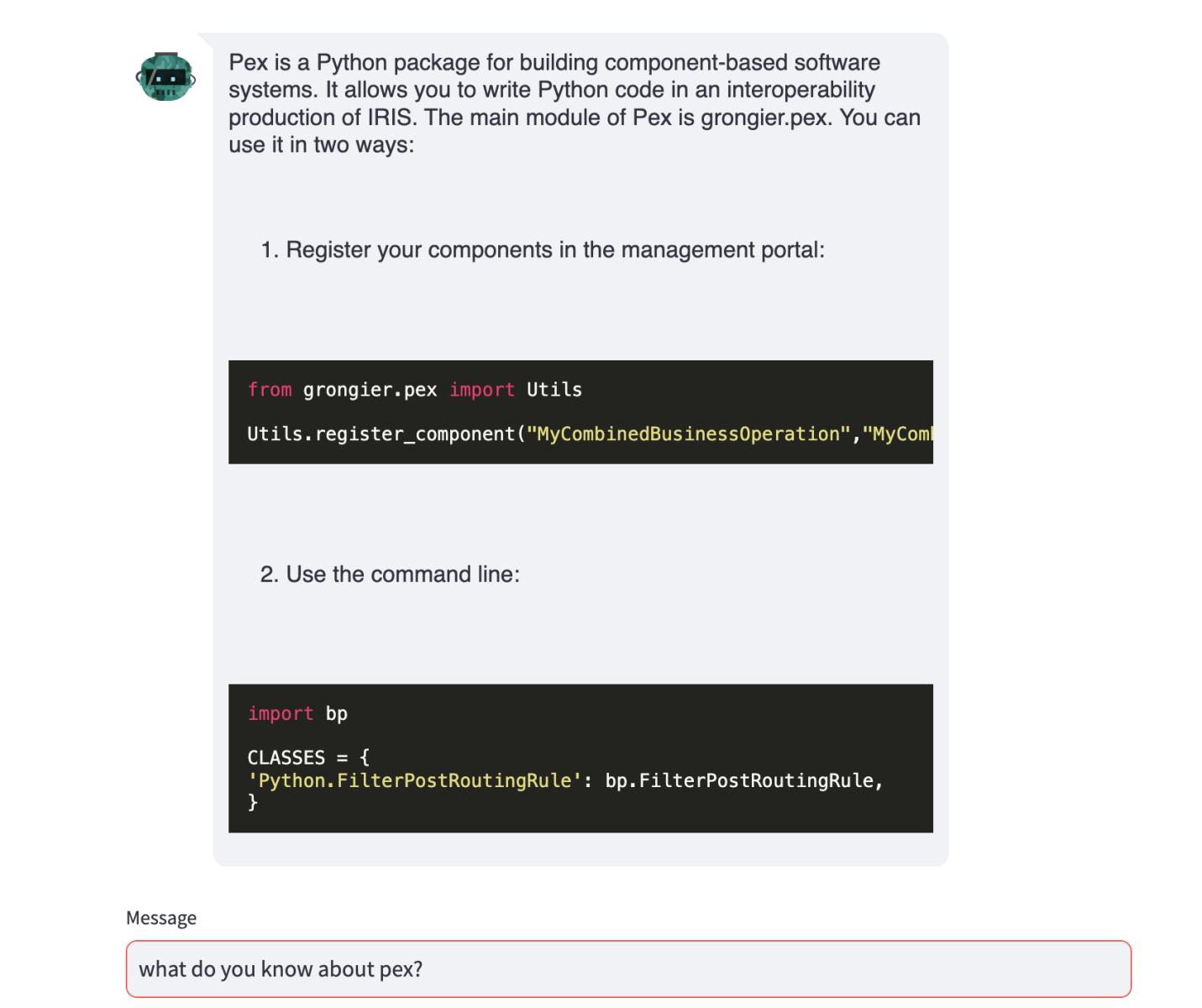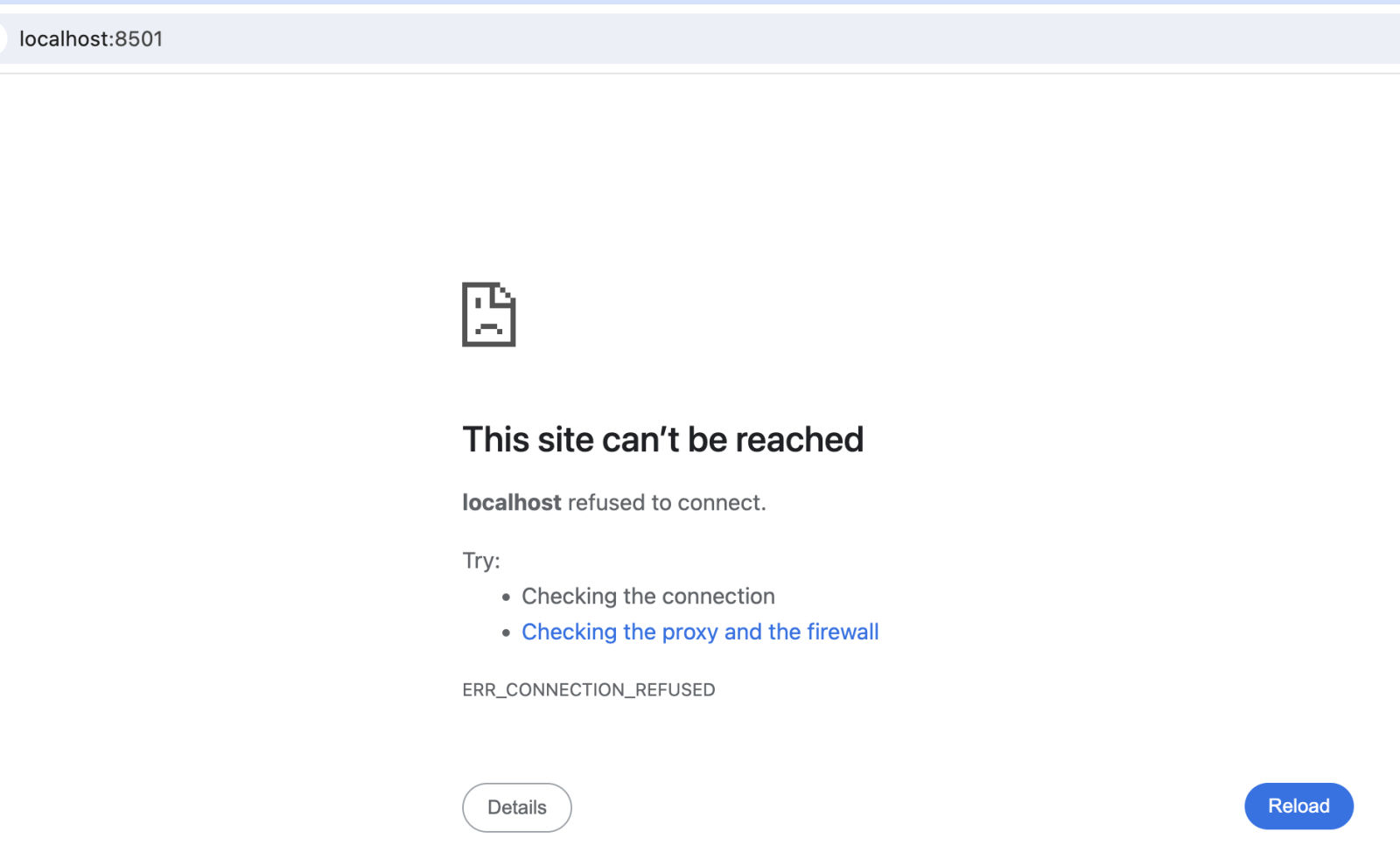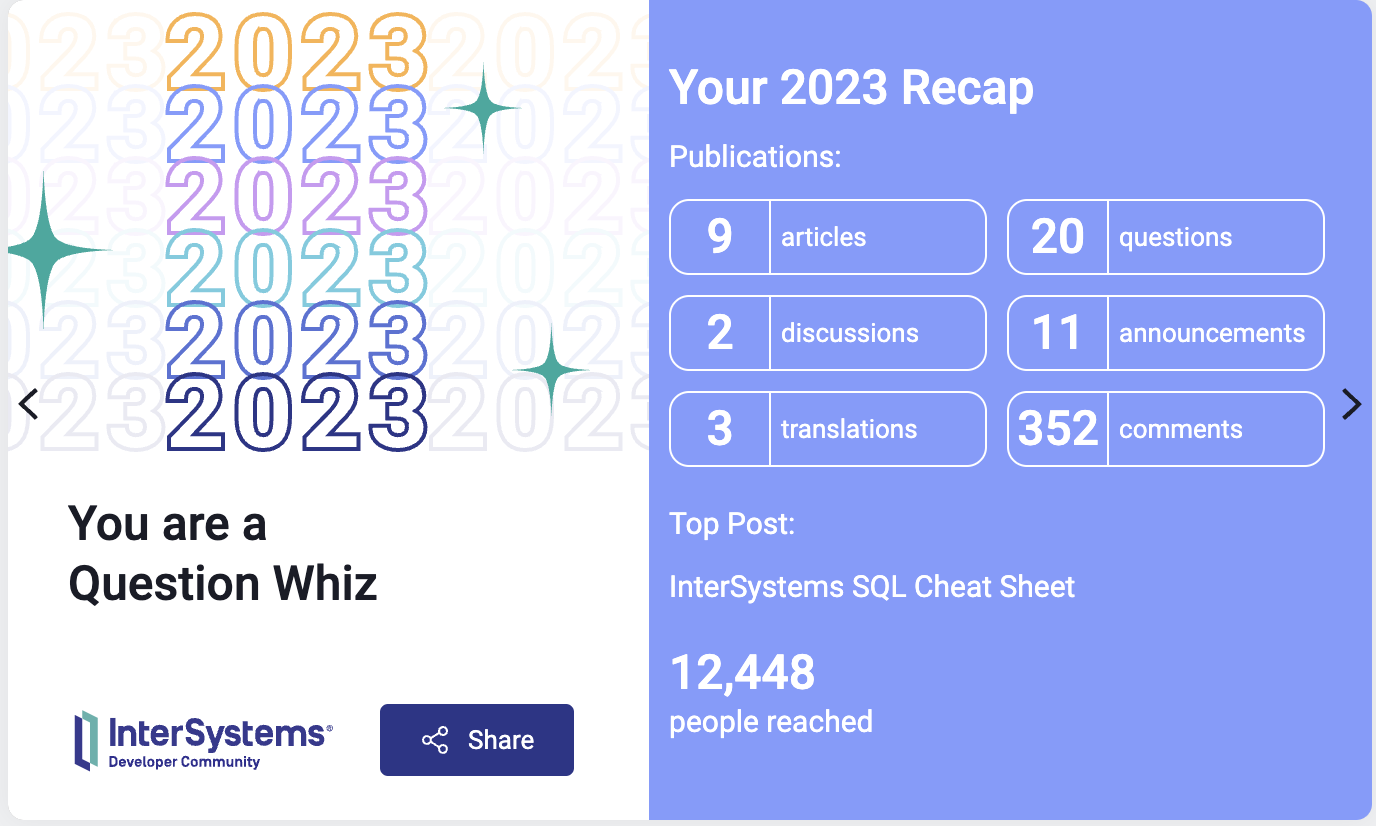In addition to what @Ben Spead suggested there are several more hands-on labs on this site: REST+ Angular, Machine Learning and Interoperability.
Also, there are several Developer Learning Paths on the Online Learning platform that will help you to start with ObjectScript Development.
Once you’ve got the basics I recommend to start coding using Docker enabled templates on Open Exchange - you can find templates with the Template filter on.
For example I recommend a basic ObjectScript template or basic REST API with ObjectScript template.
HTH
- Log in to post comments


